Researchers introduce Deep Lake, an open-source lakehouse for deep learning, optimizing complex data storage and streaming for deep learning frameworks.
Authors: Sasun Hambardzumyan, Activeloop, Mountain View, CA, USA; Abhinav Tuli, Activeloop, Mountain View, CA, USA; Levon Ghukasyan, Activeloop, Mountain View, CA, USA; Fariz Rahman, Activeloop, Mountain View, CA, USA;.
Michael Armbrust, Tathagata Das, Liwen Sun, Burak Yavuz, Shixiong Zhu, Mukul Murthy, Joseph Torres, Herman van Hovell, Adrian Ionescu, Alicja Łuszczak, et al. 2020. Delta lake: high-performance ACID table storage over cloud object stores. Proceedings of the VLDB Endowment 13, 12 , 3411–3424. Michael Armbrust, Ali Ghodsi, Reynold Xin, and Matei Zaharia. 2021. Lakehouse: a new generation of open platforms that unify data warehousing and advanced analytics. In Proceedings of CIDR.
An open large-scale dataset for training next generation image-text models. . Christoph Schuhmann, Richard Vencu, Romain Beaumont, Robert Kaczmarczyk, Clayton Mullis, Aarush Katta, Theo Coombes, Jenia Jitsev, and Aran Komatsuzaki. 2021. Laion400m: Open dataset of clip-filtered 400 million image-text pairs. arXiv preprint arXiv:2111.02114 . Philip Schwan et al. 2003. Lustre: Building a file system for 1000-node clusters. In Proceedings of the 2003 Linux symposium, Vol. 2003. 380–386.
The authors would like to thank Richard Socher, Travis Oliphant, Charu Rudrakshi, Artem Harutyunyan, Iason Ofeidis, Diego Kiedanski, Vishnu Nair, Fayaz Rahman, Dyllan McCreary, Benjamin Hindman, Eduard Grigoryan, Kristina Grigoryan, Ben Chislett, Joubin Houshyar, Andrii Liubimov, Assaf Pinhasi, Vishnu Nair, Eshan Arora, Shashank Agarwal, Pawel Janowski, Kristina Arezina, Gevorg Karapetyan, Vigen Sahakyan and the open-source community including contributors. The project was funded by Activeloop.
France Dernières Nouvelles, France Actualités
Similar News:Vous pouvez également lire des articles d'actualité similaires à celui-ci que nous avons collectés auprès d'autres sources d'information.
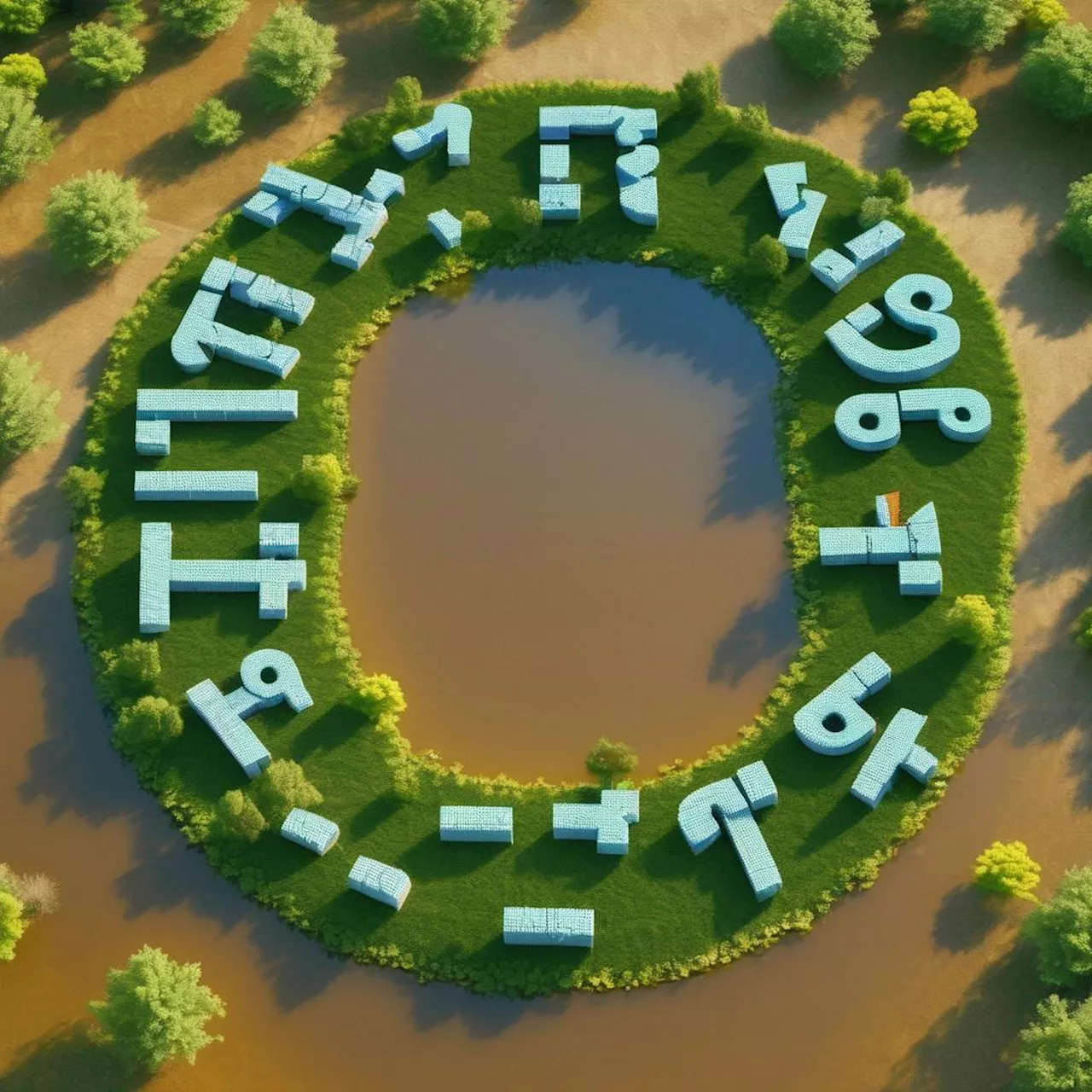 Deep Lake, a Lakehouse for Deep Learning: Deep Lake System OverviewResearchers introduce Deep Lake, an open-source lakehouse for deep learning, optimizing complex data storage and streaming for deep learning frameworks.
Deep Lake, a Lakehouse for Deep Learning: Deep Lake System OverviewResearchers introduce Deep Lake, an open-source lakehouse for deep learning, optimizing complex data storage and streaming for deep learning frameworks.
Lire la suite »
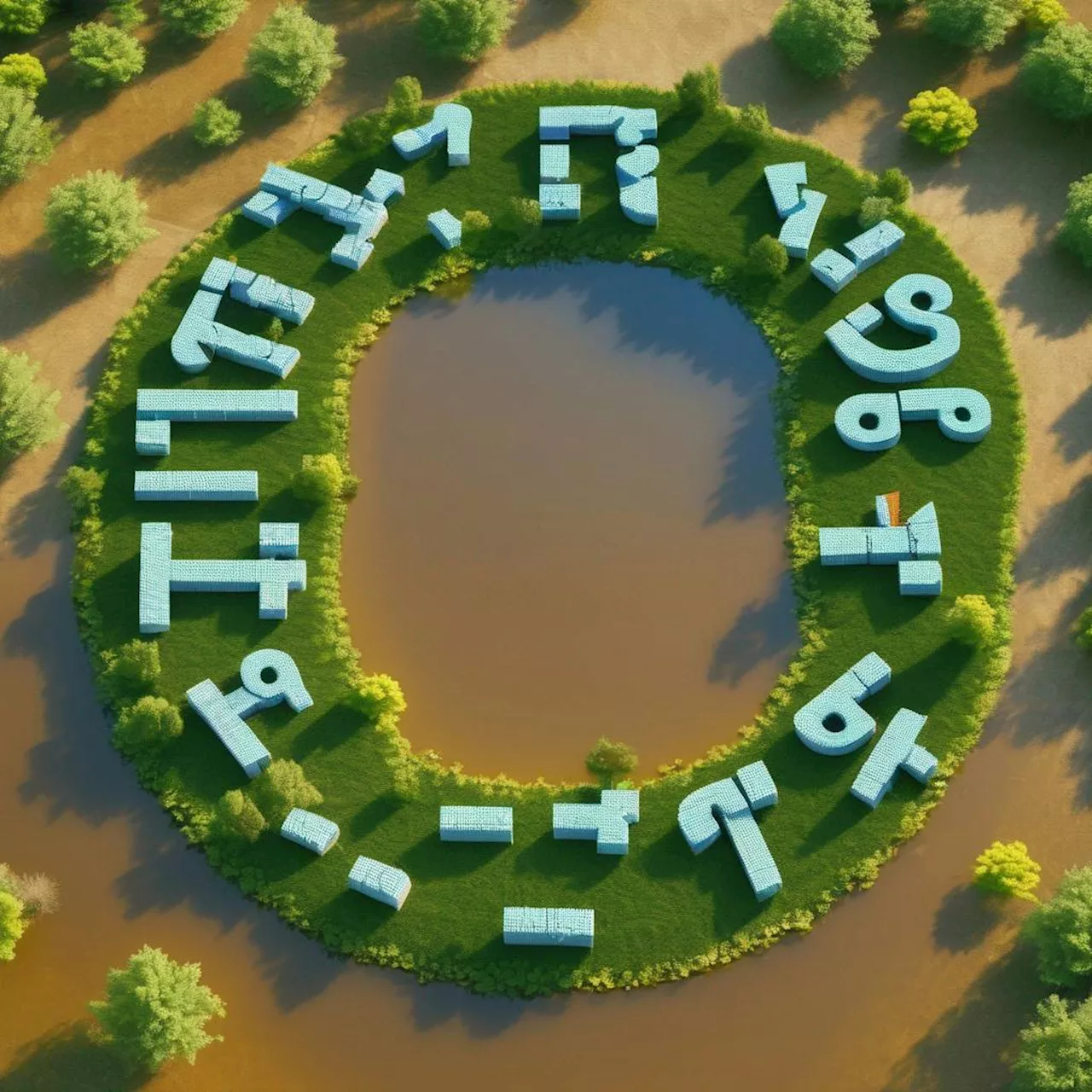 Deep Lake, a Lakehouse for Deep Learning: Tensor Storage FormatResearchers introduce Deep Lake, an open-source lakehouse for deep learning, optimizing complex data storage and streaming for deep learning frameworks.
Deep Lake, a Lakehouse for Deep Learning: Tensor Storage FormatResearchers introduce Deep Lake, an open-source lakehouse for deep learning, optimizing complex data storage and streaming for deep learning frameworks.
Lire la suite »
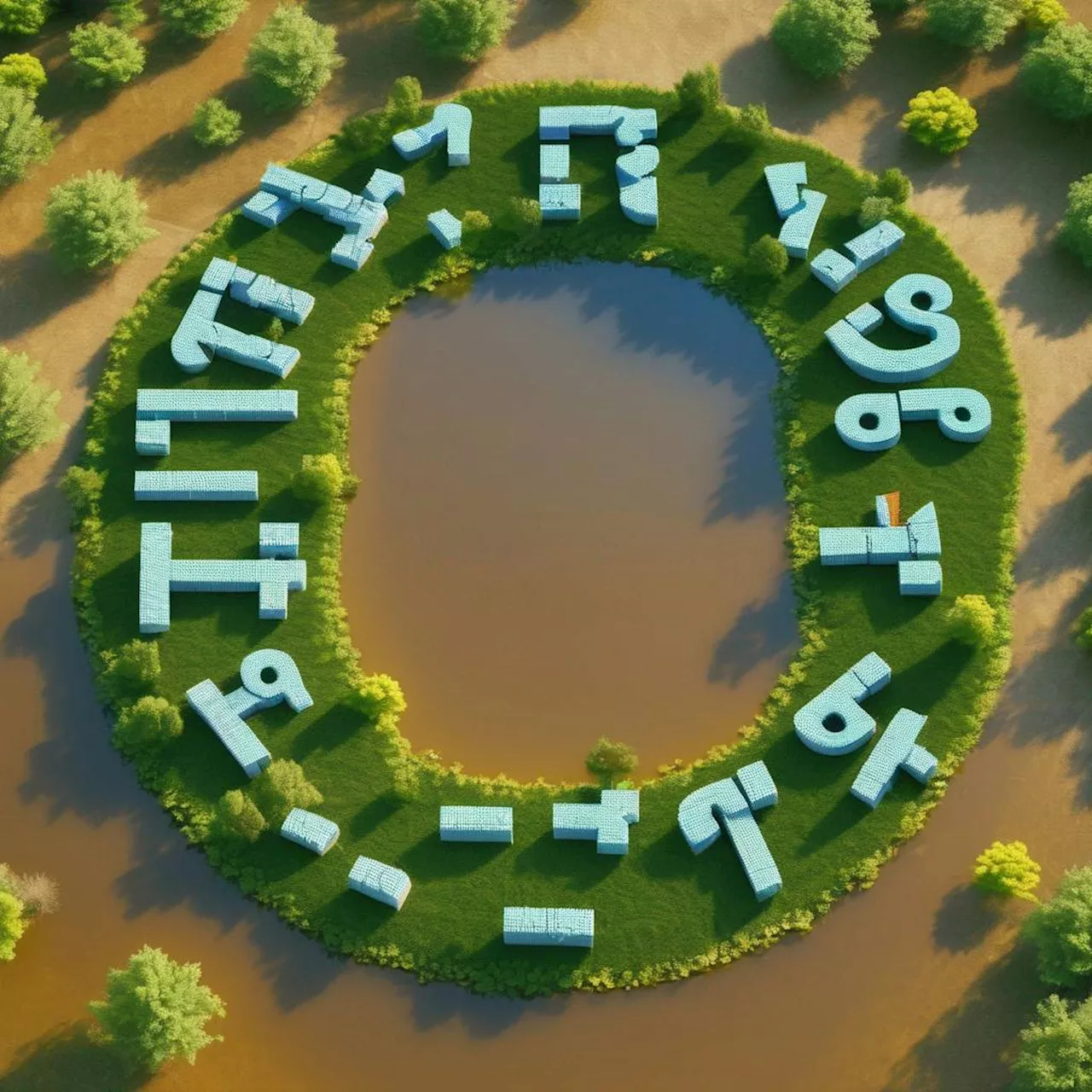 Deep Lake, a Lakehouse for Deep Learning: Discussion and LimitationsResearchers introduce Deep Lake, an open-source lakehouse for deep learning, optimizing complex data storage and streaming for deep learning frameworks.
Deep Lake, a Lakehouse for Deep Learning: Discussion and LimitationsResearchers introduce Deep Lake, an open-source lakehouse for deep learning, optimizing complex data storage and streaming for deep learning frameworks.
Lire la suite »
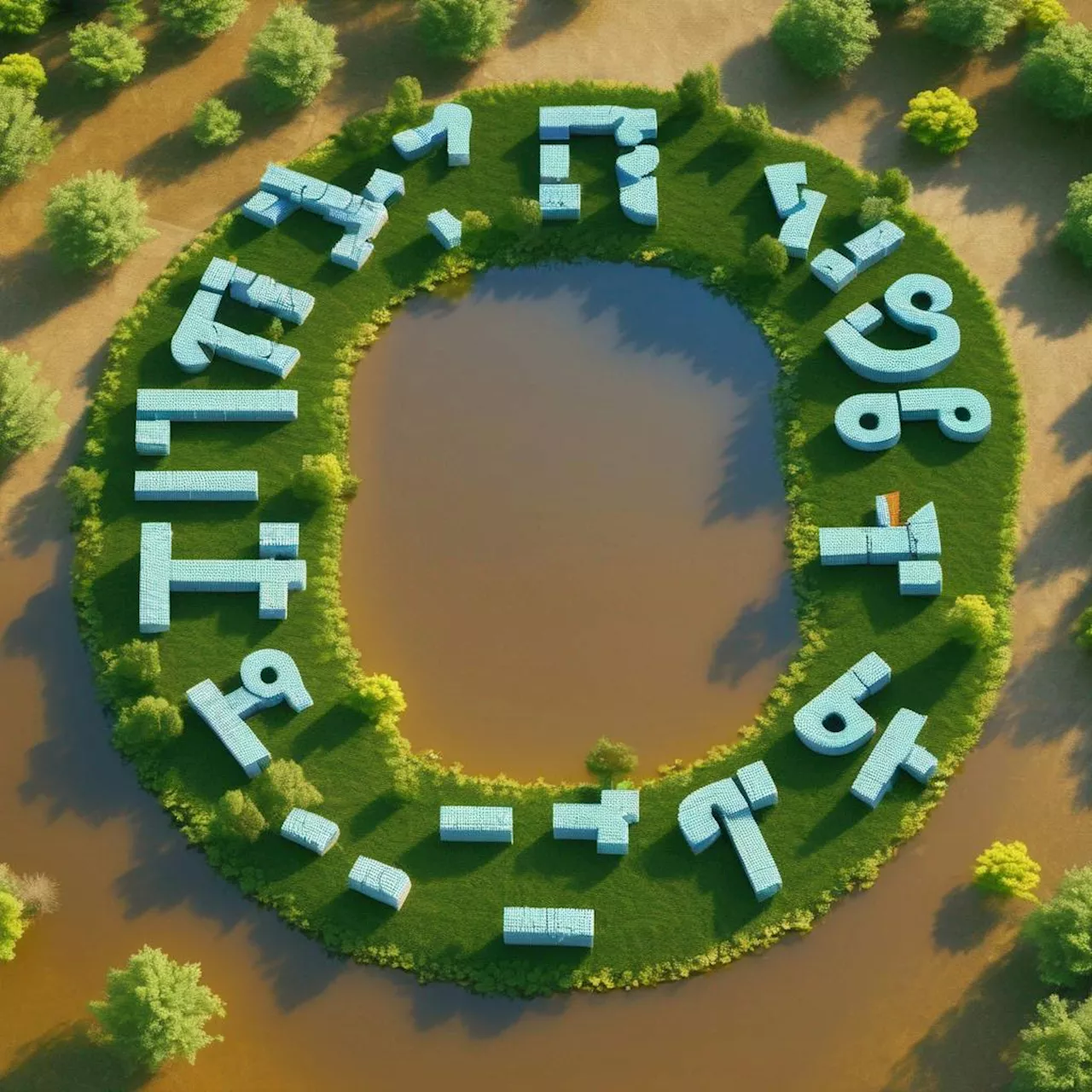 Deep Lake, a Lakehouse for Deep Learning: Current ChallengesResearchers introduce Deep Lake, an open-source lakehouse for deep learning, optimizing complex data storage and streaming for deep learning frameworks.
Deep Lake, a Lakehouse for Deep Learning: Current ChallengesResearchers introduce Deep Lake, an open-source lakehouse for deep learning, optimizing complex data storage and streaming for deep learning frameworks.
Lire la suite »
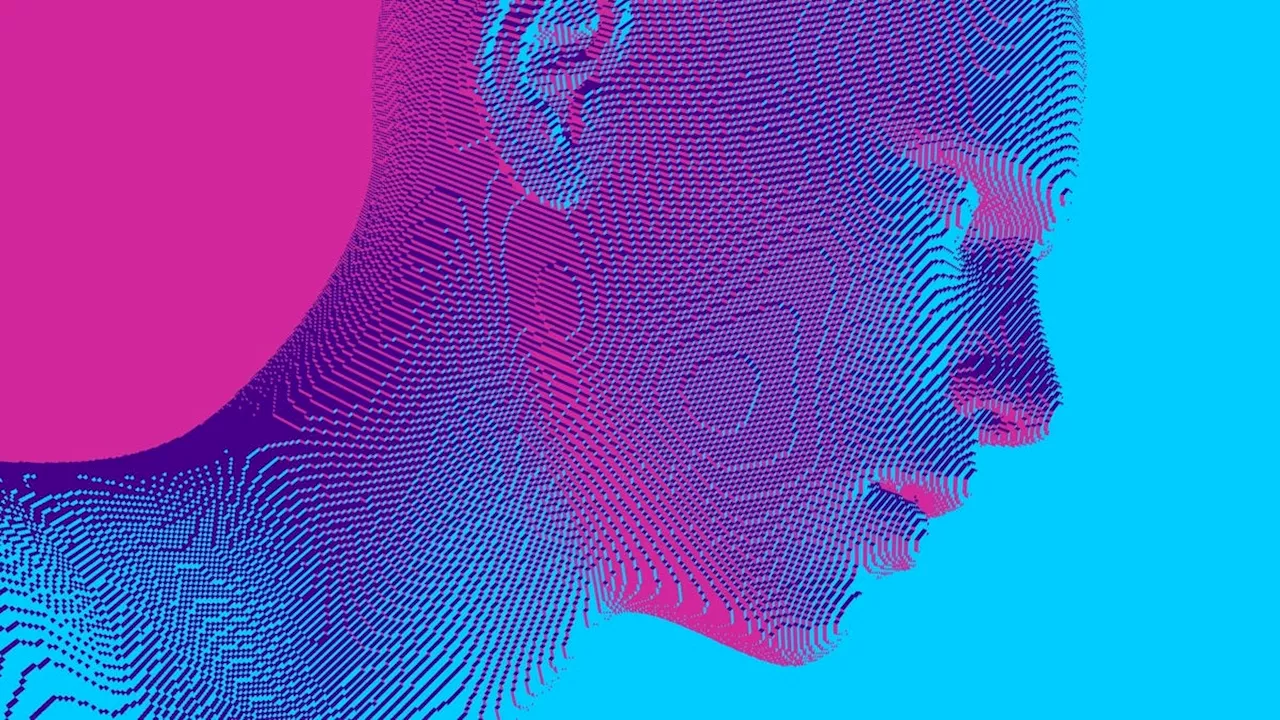 Machine Learning vs. Deep Learning: What's the Difference?Artificial intelligence technology is undergirded by two intertwined forms of automation.
Machine Learning vs. Deep Learning: What's the Difference?Artificial intelligence technology is undergirded by two intertwined forms of automation.
Lire la suite »
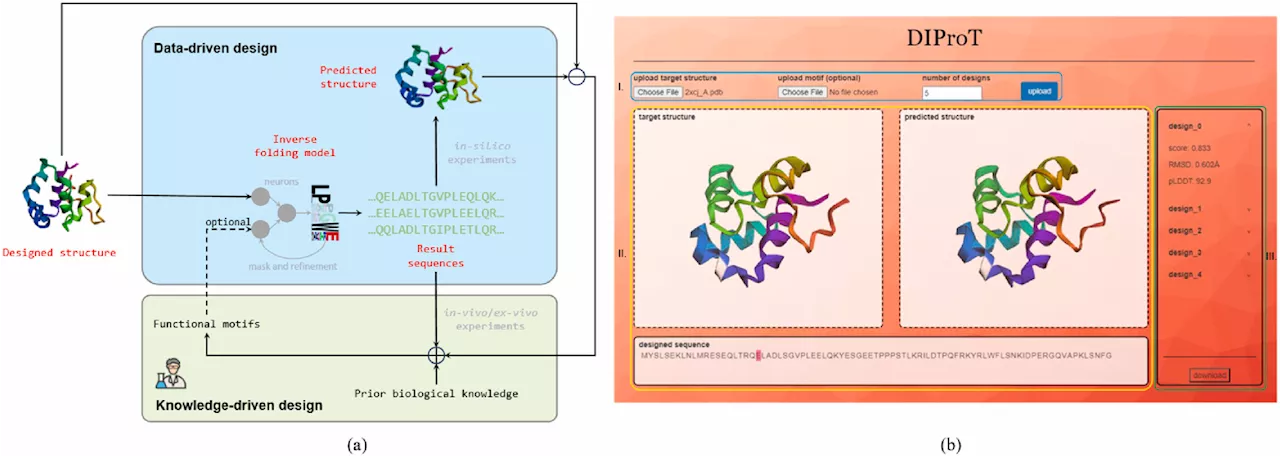 Scientists introduce DIProT—an interactive deep learning toolkit for efficient protein designScientists have developed DIProT, an innovative, user-friendly toolkit for protein design. The toolkit utilizes a non-autoregressive deep generative model to address the protein inverse folding problem, integrating human expertise into the design loop for efficient and effective protein design.
Scientists introduce DIProT—an interactive deep learning toolkit for efficient protein designScientists have developed DIProT, an innovative, user-friendly toolkit for protein design. The toolkit utilizes a non-autoregressive deep generative model to address the protein inverse folding problem, integrating human expertise into the design loop for efficient and effective protein design.
Lire la suite »
